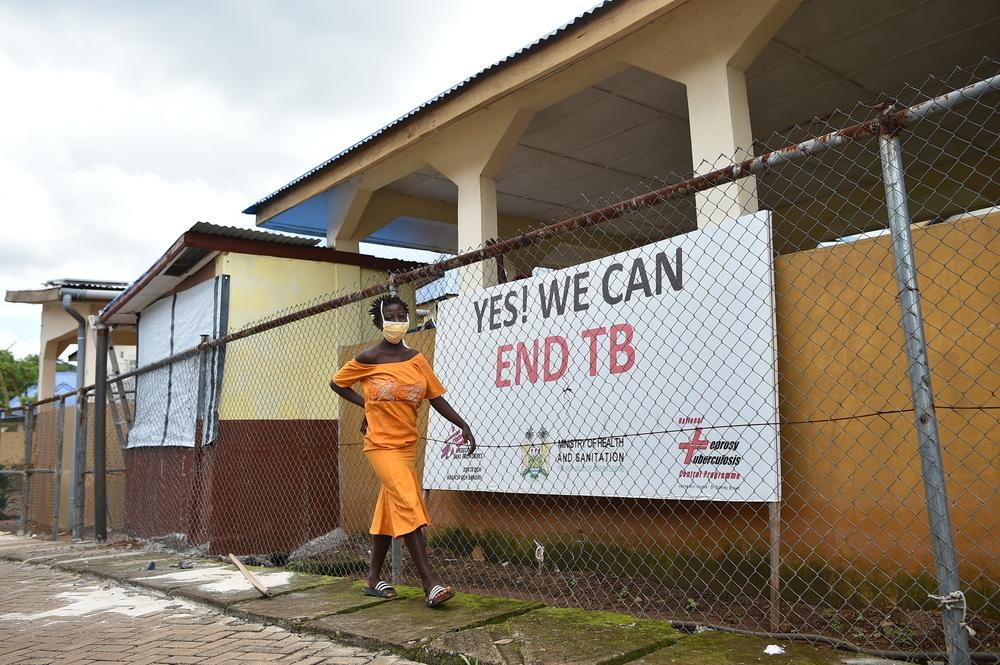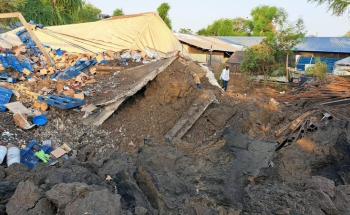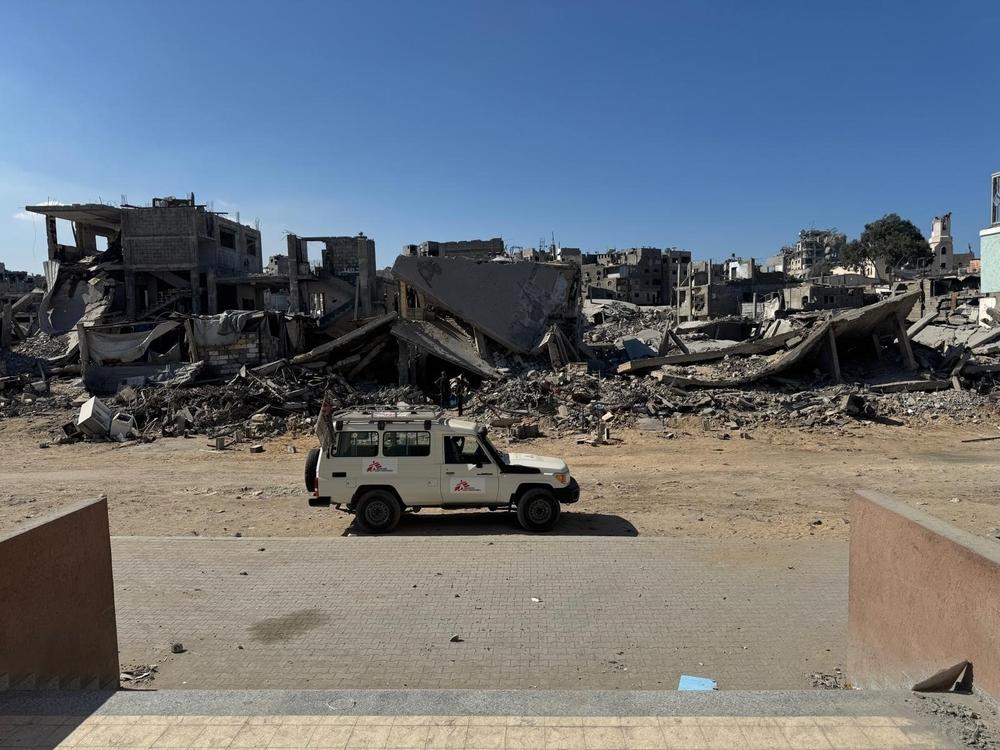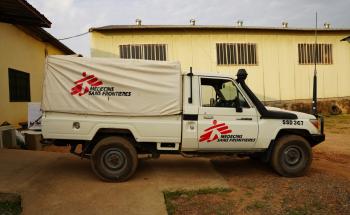Ahead of the Global Fund’s Eighth Replenishment Summit in Johannesburg, Doctors Without Borders (MSF) calls for world leaders to fully fund the Global Fund’s US$18 billion target. Failure to meet this goal risks catastrophic cuts to essential services, threatens the resurgence of HIV, tuberculosis (TB), and malaria, and forces the financial burden of healthcare onto the world’s most vulnerable patients.
The high-level fundraising meeting, co-hosted by the UK and South Africa, will take place on Friday, November 21, 2025, on the margins of the G20 Leaders’ Summit. For this three-year funding cycle (2027–2029), there is a high risk that the Global Fund may receive pledges several billion below the target required to respond impactfully to HIV, TB and malaria, possibly even billions below the last replenishment of 15 billion, which still fell drastically short of the funding needed to tackle these diseases.
"The international community cannot afford to falter now. We are seeing major traditional donors signalling deep cuts, even as the need for sustained investment grows. When funding falls short, it is the patients those least able to afford care who pay the price."Tess Hewett, Health Policy Advisor, MSF
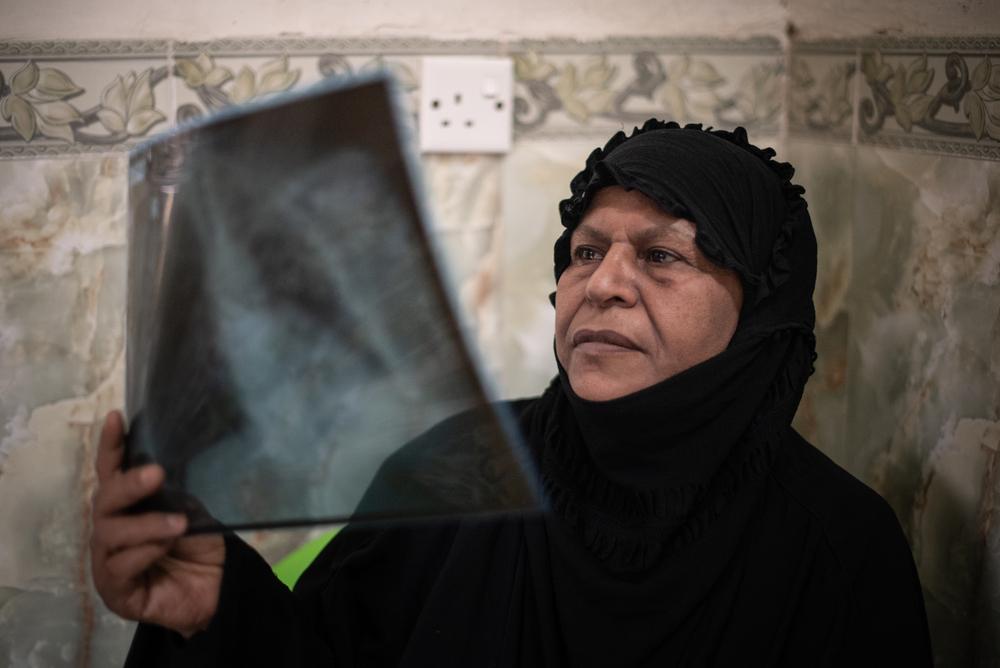
The consequences of failing to meet the US$18 billion target will be severe and immediate. If pledges are insufficient, vital work such as support for data collection systems which monitor disease incidence and service delivery, will suffer, leading to the loss of momentum gained during the previous two replenishments. Cuts could severely impact the global TB response, as the Global Fund currently supports 76% of the worldwide donor response for TB. In addition, the adoption of promising new tools, such as new TB vaccines, existing malaria vaccines and new HIV prevention tools like lenacapavir, will be limited.
Delays in finalising pledges beyond November 21 will compromise effective programme planning and force funding into less efficient mechanisms, such as portfolio optimisation or mid-cycle top-ups.
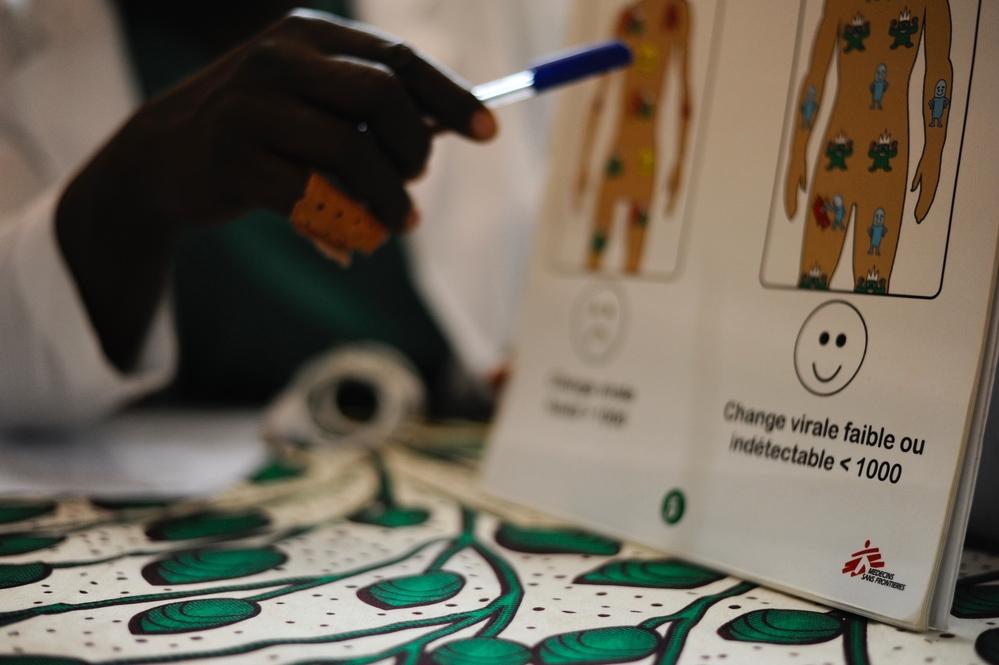
When funding is insufficient, the financial burden is often shifted onto vulnerable populations through an emphasis on increasing ‘domestic resource mobilisation’. While this is envisaged as an increase in health spending by national governments, in reality this shift frequently results in a hike in out-of-pocket payments by people themselves. This is particularly true in low-income countries where patients’ spending is already the most important source of health financing.
Initial pledges for the 8th replenishment have been deeply concerning. Germany and the United Kingdom, the only major traditional donors to pledge so far, have both decreased their commitment compared to the last cycle (Germany - 1 billion EU instead of 1.3 billion EU, UK – 850 million GBP instead of 1 billion GBP). No donor has increased their pledge when considering inflation.
If major donors follow Germany and the UK’s example, the results will be catastrophic for people worldwide impacted by TB, HIV and malaria – the world’s top three deadliest, but completely preventable, infectious diseases.
"We urge the remaining big donors to heed the evidence contained in MSF’s Deadly Gaps Report and commit fully on November 21," Tess Hewett concluded. "To accelerate progress toward Sustainable Development Goal 3 and end TB, HIV, and malaria as public health threats, the Global Fund needs the full US$18 billion. With the right resources, the Global Fund believes it can save 23 million lives and halve the death toll in just six years."
